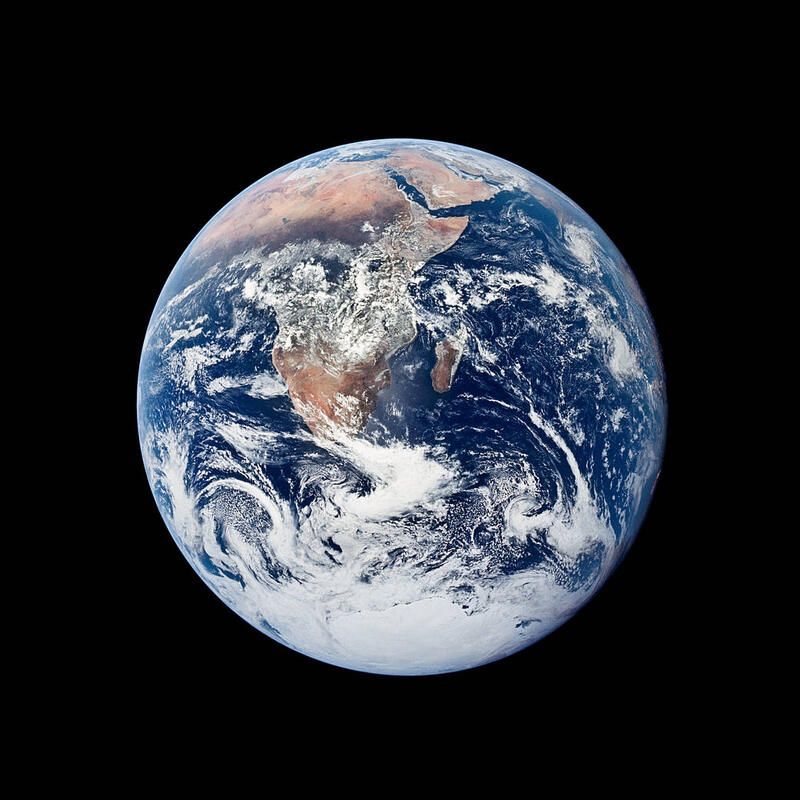
In honor of Mother's Day, as well as the passing of James Lovelock last year, we wanted to take a few moments to reflect on the concept of Gaia, Mother Earth.
Gaia (or Gaea) was the Greek goddess of Earth–the ancestral, elemental mother to all life on our planet. But the idea of Earth as Mother exists in many traditions around the world, in the form of Pachamama, Spider Grandmother, Papatūānuku, Pṛthvī Mātā, and many others.
The scientist James Lovelock employed these metaphors and symbolic imaginings of Earth as integral mother to illustrate the complex living entity he felt was our Earth. Lovelock took no religious position, but instead felt that to get across the vastness of the idea of Earth as an interconnected whole, a new symbolic concept was needed to illustrate the science. Though sometimes considered controversial, it is undeniable that Lovelock shifted the perception of our planetary home for many.
Here are a few thoughtful reflections on Gaia and Lovelock's legacy:
“Gaia: everything on Earth is connected,” Greenpeace
“Remembering James Lovelock, Whose ‘Gaia Theory’ Shaped Our Understanding of Global Warming.“ Smithsonian Magazine
“James Lovelock, Whose Gaia Theory Saw the Earth as Alive, Dies at 103.” New York Times
And here are some of his own words regarding the Gaia Hypothesis. The first one really captures the imagination and puts us in the shoes of those seeing the iconic blue marble for the very first time:
The Earth was never seen as a whole until astronauts viewed it for us from outside, and then we saw something very different from our expectation of a mere planet-sized ball of rock existing within a thin layer of air and water. Some astronauts, especially those who travelled as far as the moon, were deeply moved and saw the Earth itself as their home. Somehow we have to think like them and expand our instinctive recognition of life to include the Earth.”
― James E. Lovelock, We Belong to Gaia.
I know that to personalize the Earth System as Gaia, as I have often done and continue to do in this book, irritates the scientifically correct, but I am unrepentant because metaphors are more than ever needed for a widespread comprehension of the true nature of the Earth and an understanding of the lethal dangers that lie ahead.”
― James Lovelock, The Revenge of Gaia
Earth may be alive: not as the ancients saw her–a sentient Goddess with a purpose and foresight–but alive like a tree. A tree that quietly exists, never moving except to sway in the wind, yet endlessly conversing with the sunlight and the soil. Using sunlight and water and nutrient minerals to grow and change. But all done so imperceptibly, that to me the old oak tree on the green is the same as it was when I was a child.”
― James Lovelock, The Ages of Gaia
